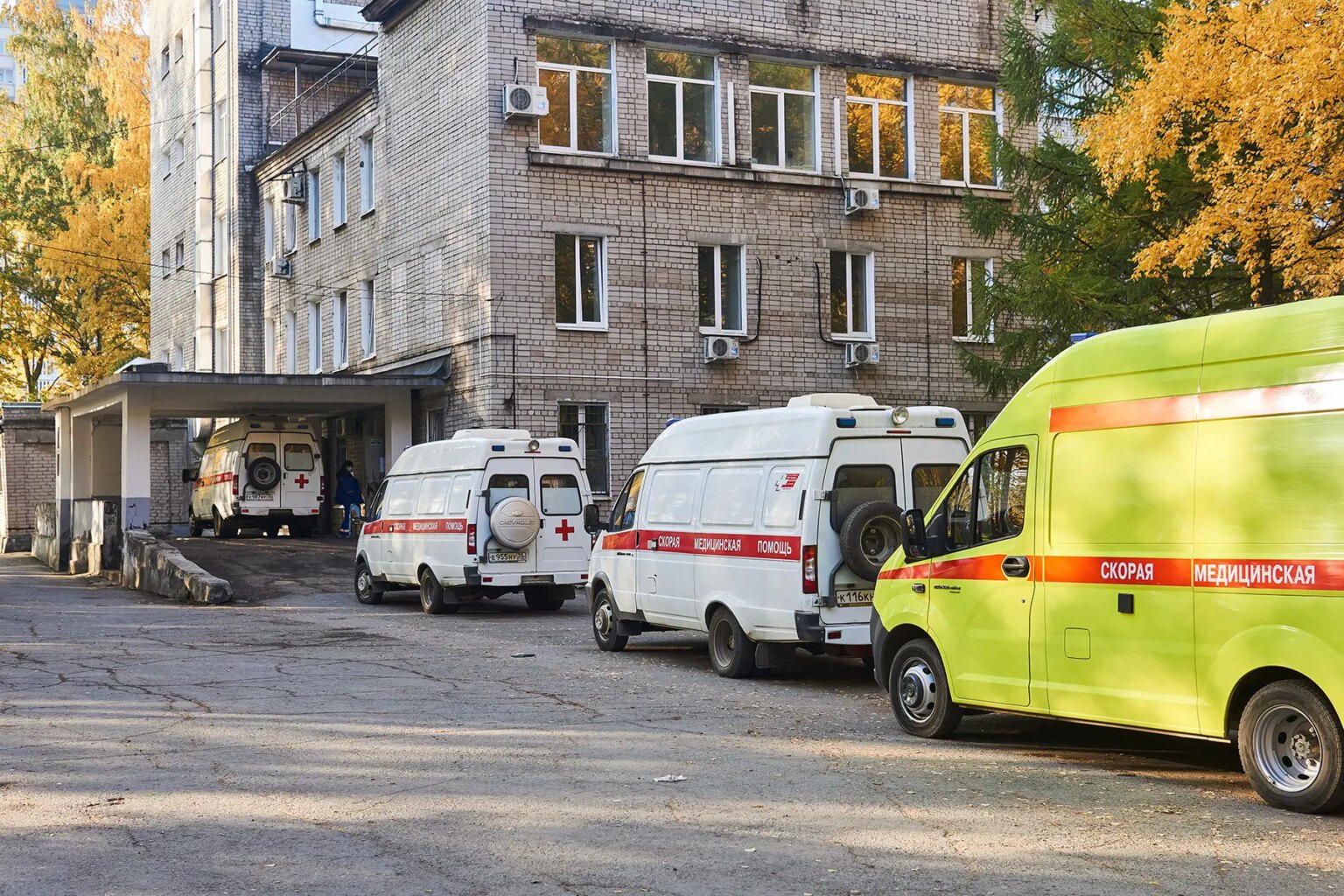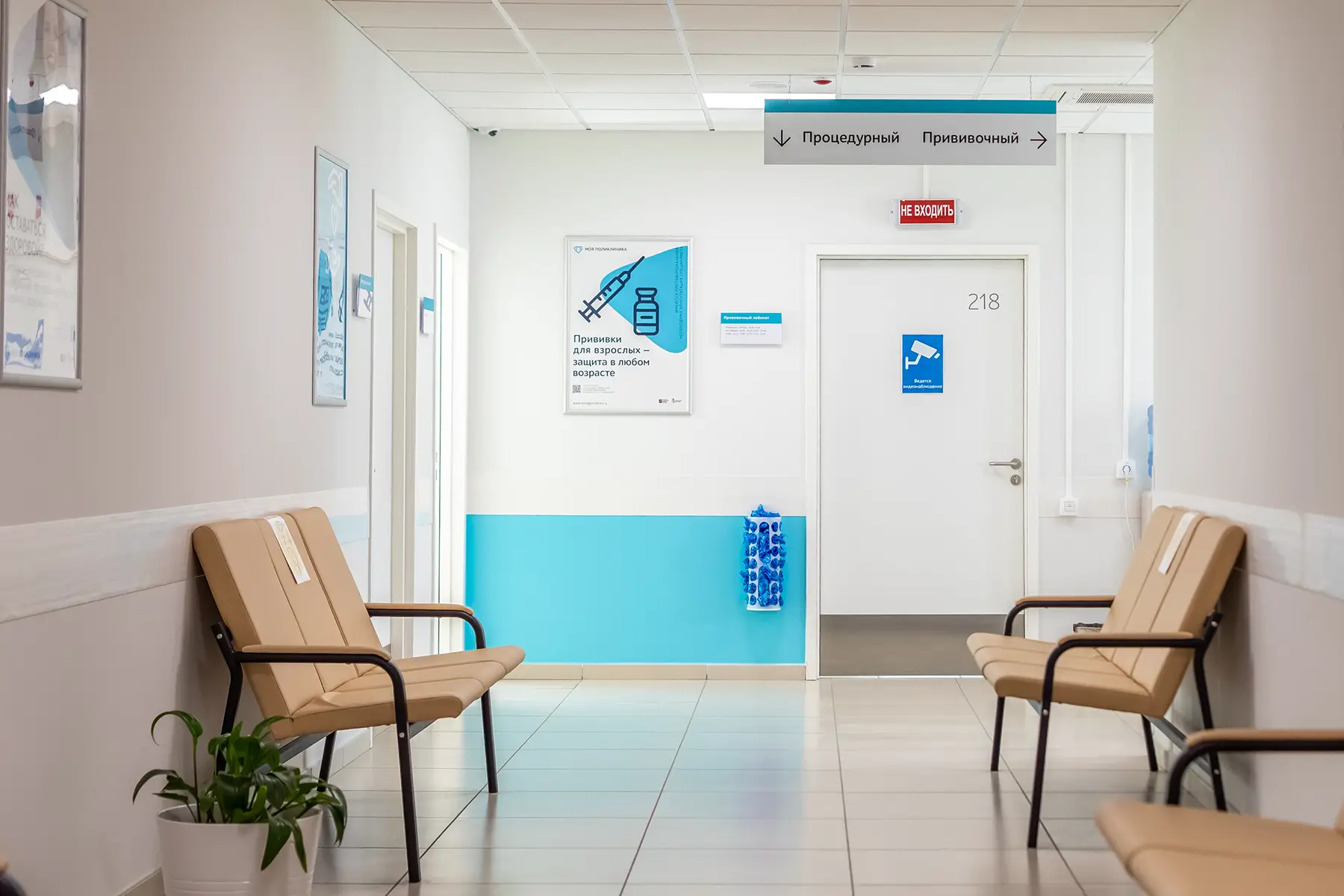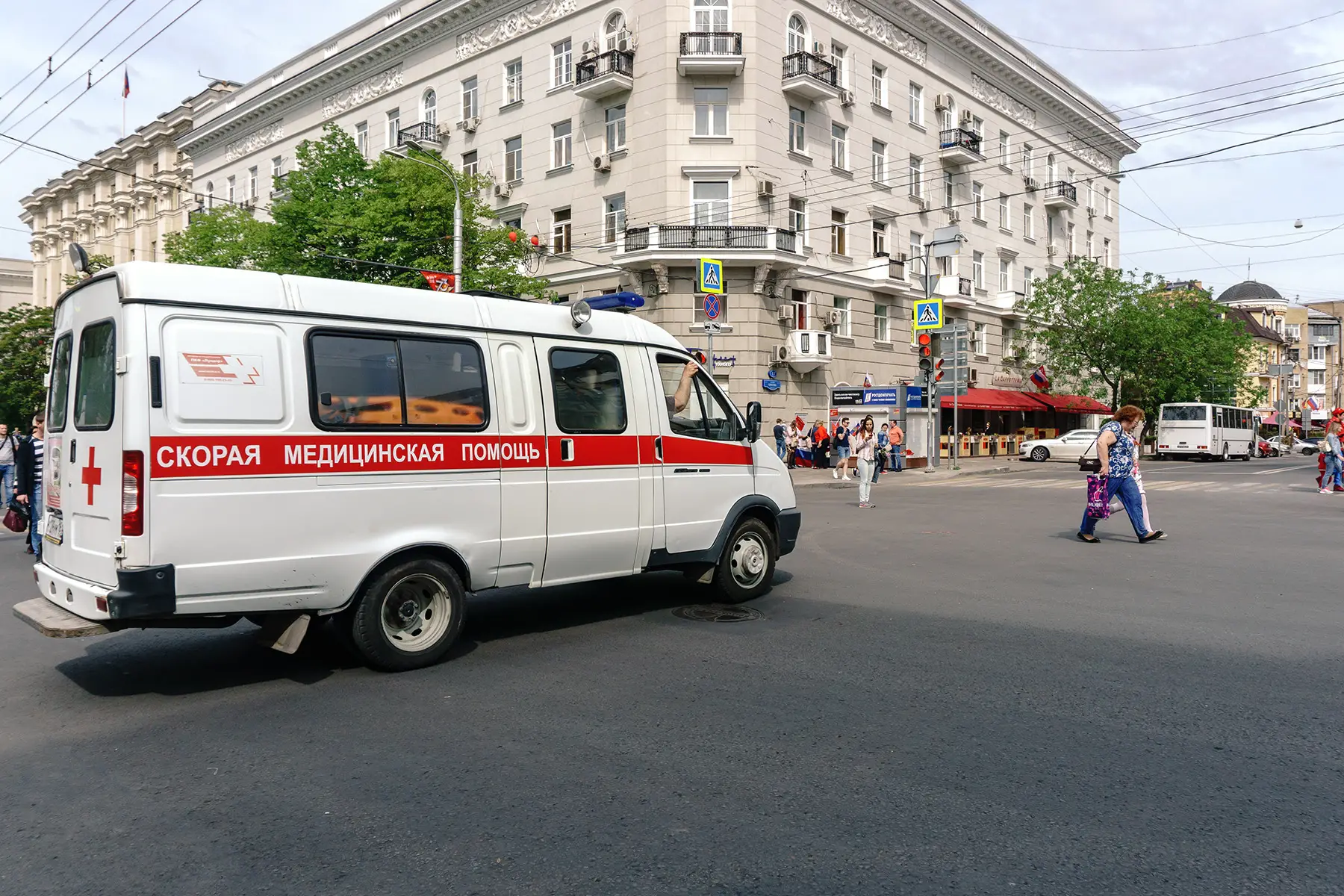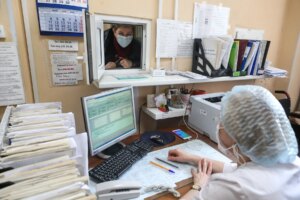Important notice from the Editor in Chief
Maintaining our Russian site is a delicate matter during the war. We have chosen to keep its content online to help our readers, but we cannot ensure that it is accurate and up to date. Our team endeavors to strike the right balance between giving information to those who need it, and respecting the gravity of the situation.
Healthcare in Russia is likely to work differently from your home country. There are many hospitals in Russia, both general and specialist, split across the state and private sectors.
Here’s an overview of what you need to know about Russian hospitals if you are staying in the country, with sections on:
- Hospitals in Russia
- How to access hospital treatment in Russia
- Emergency treatment in Russia
- Hospital stays in Russia: what to expect
- Hospital costs in Russia
- Being discharged from hospitals in Russia
- Visiting someone in a hospital in Russia
- The best hospitals in Russia
- List of hospitals in Russia
- Useful resources
JSC Medicina
Looking for expat-friendly medical care in Moscow? Located in the heart of the Russian capital, JSC Medicina offers a wide-range of English-speaking treatment, including in- and out-patient care, pediatrics, dentistry, and rehabilitation. If you need medical care in Moscow, find the right treatment for you at JSC Medicina.
Hospitals in Russia
Russia has many hospitals and polyclinics that form part of its secondary healthcare system, funded through a health insurance program. There are both state-run and private hospitals, including many private international hospitals in Russia. In terms of quantity, levels of service are high. Russia has 7.1 hospital beds per 1,000 people, among the highest rates in the world.
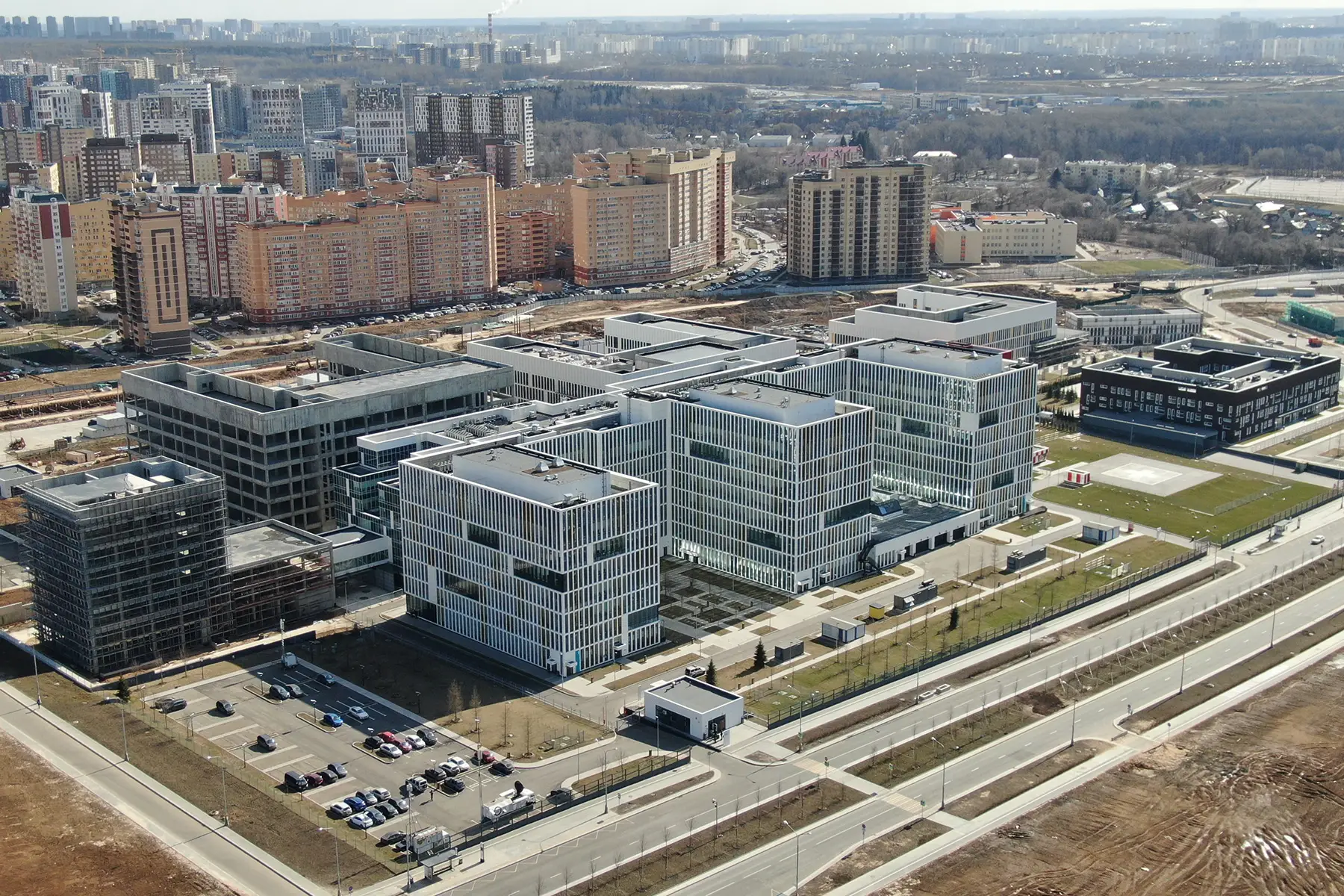
However, things are very uneven in terms of quality hospital care. Firstly, most good facilities are located in a handful of the big cities, while smaller towns and rural areas lack provision. Furthermore, although there are several highly ranked specialist facilities, the quality of general state healthcare has deteriorated. Many state hospitals provide limited services in Russian only, and lack of funding has also led to a shortage of around 25,000 doctors. Because of this, many expats take out insurance to access private facilities.
You can find both general and specialist hospitals in Russia, for example, centers dedicated to maternity, pediatrics, neurology, or cardiology. However, some have limited in-patient services. General hospital services vary, but can include areas such as:
- Cardiology
- Dermatology
- Emergency care
- Gynecology
- Maternity care
- Oncology
- Physiotherapy
- Psychiatry
- Urology
The Russian Ministry of Health (Министерство здравоохранения, Ministerstvo zdravookhraneniya) is responsible for all healthcare in Russia. However, much is devolved to federal regions – for example, Moscow and Saint Petersburg (links in Russian). Russia ranks 89th for healthcare on the 2021 Legatum Prosperity Index, among the lowest in Europe.
How to access hospital treatment in Russia
To access hospital treatment in Russia as a foreign resident, you will need either public health insurance through your employment in Russia or private insurance, giving you access to private facilities. Some nationals can access medical treatment in Russia thanks to their home country’s reciprocal healthcare agreement with the Russian government. Russian hospitals treat uninsured patients in an emergency, although you will receive a bill afterward.
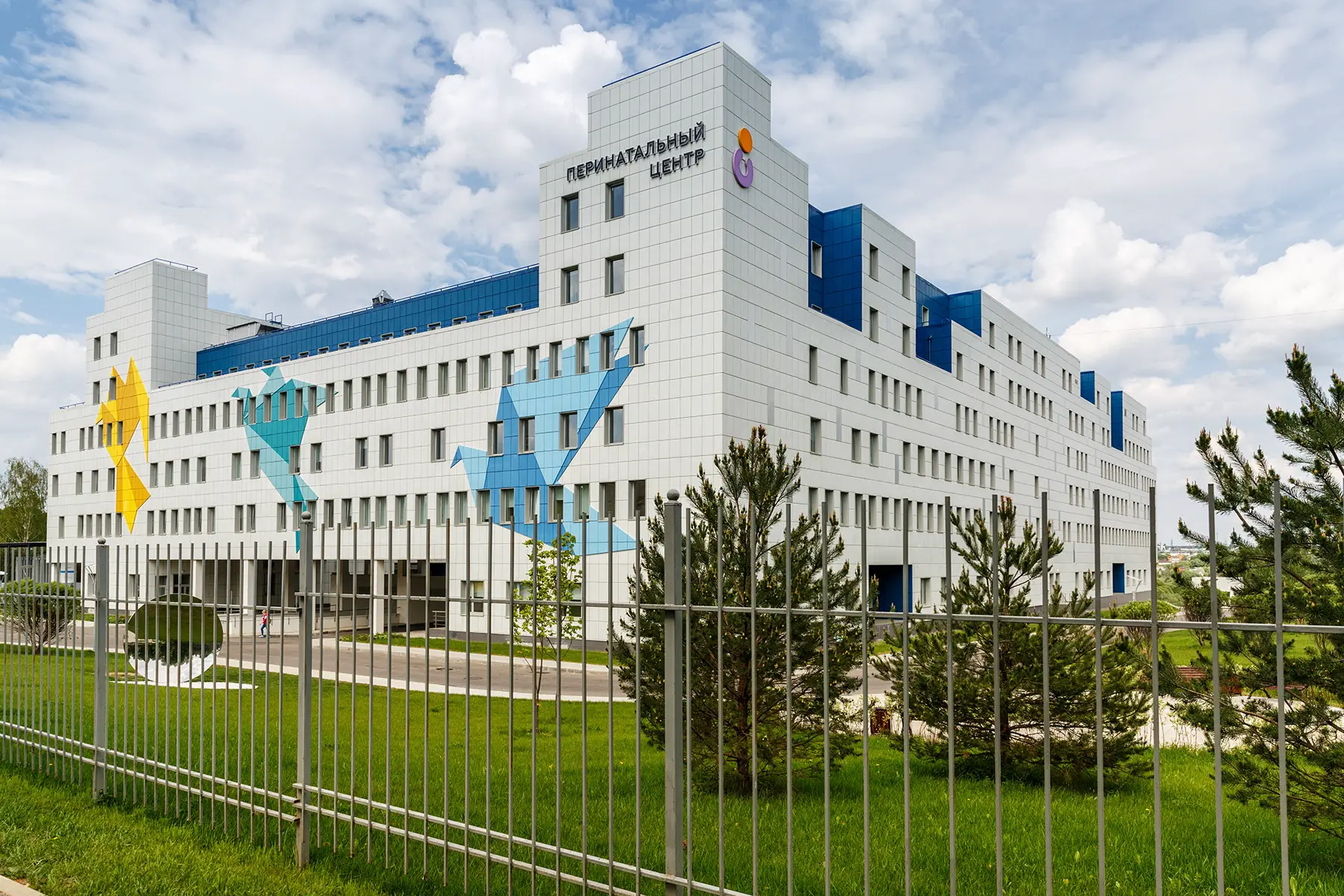
You will typically need a doctor referral for any specialist treatment at a Russian hospital, unless your private insurance covers it. Therefore, make sure you bring either your state healthcare card or evidence of private insurance to show at reception.
Unless you have a medical emergency, you will usually need an appointment for treatment. If your doctor has referred you, they may make an appointment for you. Otherwise, you can make an appointment by phone or visiting the hospital. Some hospitals in Russia, especially some international medical centers, allow you to book appointments online.
Emergency treatment in Russia
You can get emergency care in the emergency departments of Russian hospitals, most of which are open 24 hours a day all year round. Hospitals will provide you with emergency care regardless of insurance; however, you will have to pay for any treatment yourself if you don’t have health insurance.
The national emergency number in Russia is 112, which will connect you to a Russian-speaking operator. You can also dial 103 to connect to an ambulance directly for medical emergencies. There is also a paid ambulance service (in Russian) operating from Moscow, serving the regions of Russia. Costs vary from 1,000 ₽ to 11,000 ₽ (approximately €11 to €122).
Hospital stays in Russia: what to expect
What kind of experience you have in a Russian hospital depends on the type of hospital you visit. Many state hospitals are underfunded and therefore provide a relatively basic level of service; for example, beds in shared rooms and only Russian-speaking services.
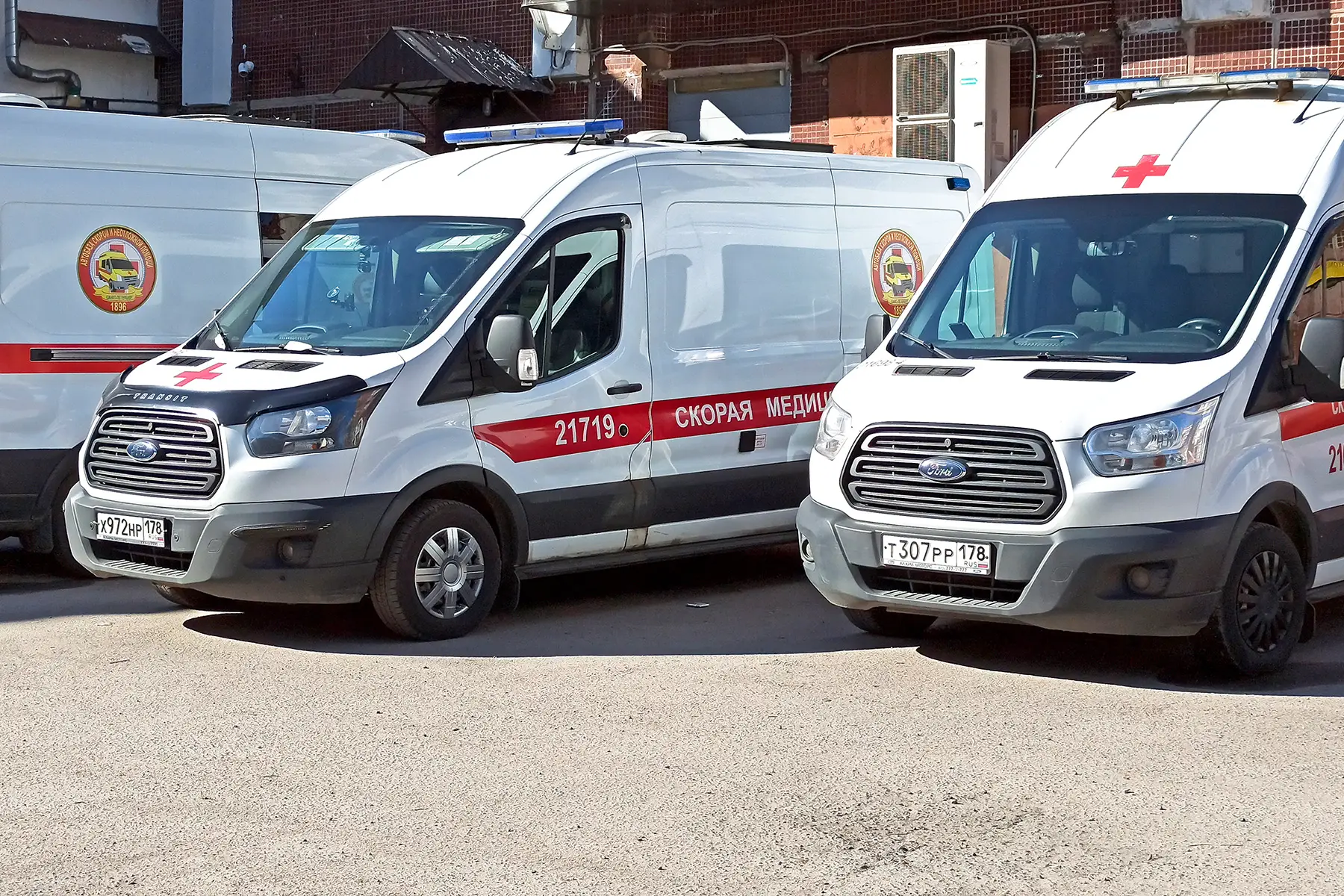
If you use private hospital facilities in Russia, you are more likely to access benefits such as a single room, English-speaking or other language services, plus extra comforts such as TV and additional meal options. For example, the European Medical Center and the International Medical Center offer in-patient hospital stay packages. However, these can be costly if you don’t have insurance coverage. In-patient facilities are also limited in availability in private hospitals in Russia.
Hospital costs in Russia
If you visit a hospital in Russia through public-funded healthcare, there is no charge, but you will need to provide proof of insurance to avoid admission fees.
Private hospitals and medical centers in Russia charge treatment fees which you can then cover through health insurance. However, you will usually pay fees upfront and then claim reimbursement. Costs can be expensive, especially in some more renowned expat centers. Typical costs are:
- Private consultation starting at around 2,000 ₽ but can be over 15,000 ₽
- Treatment programs start at around 10,000 ₽ but can be over 100,000 ₽
- Overnight in-patient stays can vary from 5,000 ₽ to over 50,000 ₽
You can check the price list for the European Medical Center in Moscow to see an example of hospital and specialist fees.
Health insurance for hospital costs in Russia
If you would rather go private than use state healthcare, you can choose private health insurance to offset the costs. Costs depend on your health situation and what you want covered, with packages varying between companies. You’ll need to think about your personal needs before deciding on a policy.
Being discharged from hospitals in Russia
When treated in a hospital in Russia, you are usually under the care of a specialist or senior medical professional who will decide when you are fit for discharge. On the other hand, you can discharge yourself against the doctor’s wishes if you prefer. However, you may invalidate the terms of your policy if you have private health insurance. Therefore, check your policy for details.
Similar to many other countries, compulsory hospitalization is permitted in Russia. However, this is only in cases where the patient’s mental health state means that they are considered a threat to themselves or others, or when they are unable to give consent themselves. This is known as either involuntary (недобровольная, nedobrovolnaya) or forced (принудительная, prinuditelnaya) hospitalization, and it requires a court order.
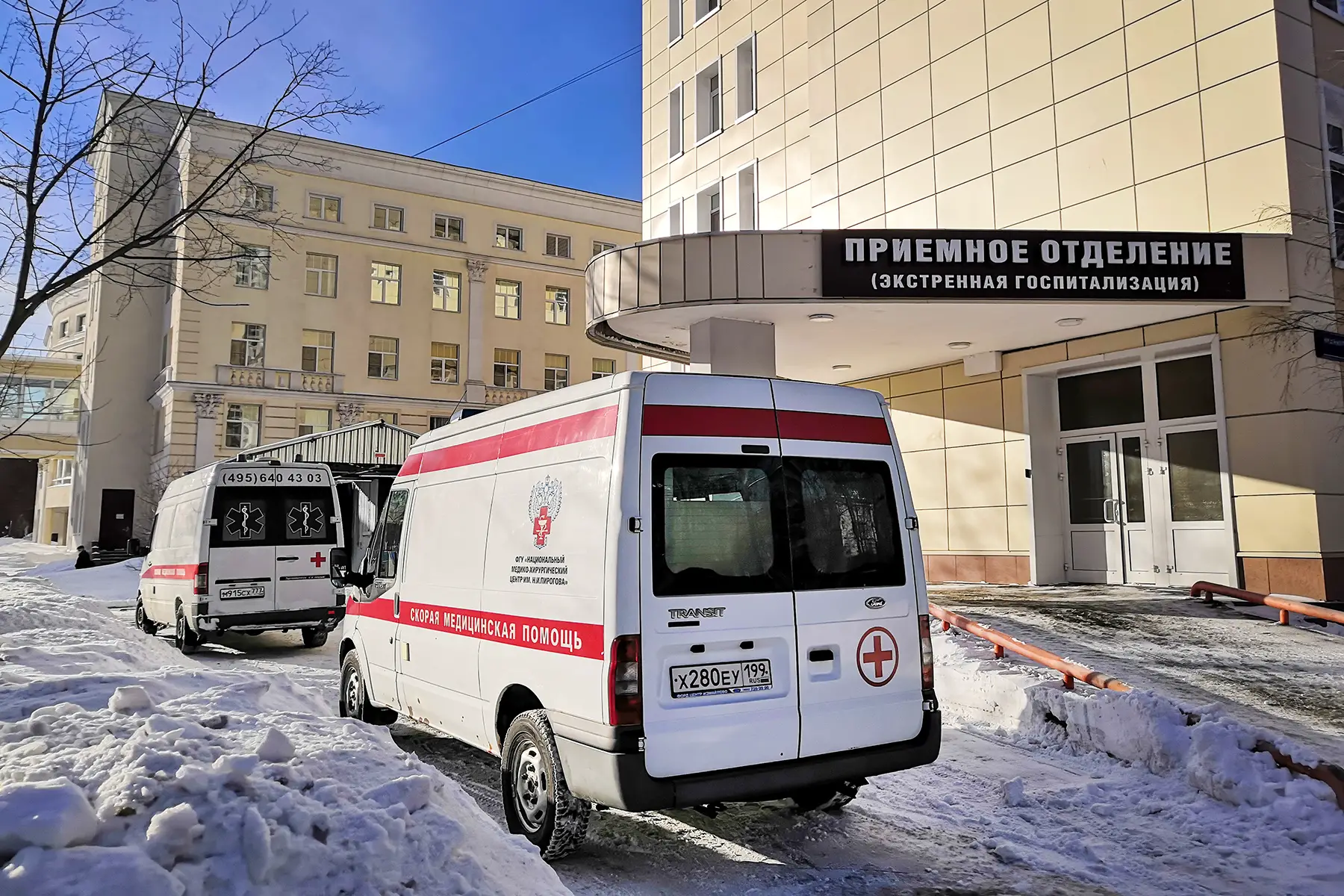
Once you are discharged from a Russian hospital, you may have to return for periodic assessments or treatment, depending on your situation. The doctor or specialist in charge of your care should provide you with a plan that details any subsequent hospital visits or measures you need to take outside of the hospital to continue your recovery.
Visiting someone in a hospital in Russia
You should always check for conditions before visiting someone in a Russian hospital. The situation can vary significantly across regions and types of institutions. Either phone or visit the hospital’s website.
Visiting hours are usually between 09:00–21:00. However, there may be periods when you cannot visit, and most hospitals have restrictions on numbers visiting at a time.
The best hospitals in Russia
According to the World Hospital Rankings, Russia has ten hospitals in the world’s top 1,000 facilities. These include both general and specialist hospitals. The best-ranked hospitals are:
- Russian Children’s Clinical Hospital – ranked 250 in the global rankings, this is a specialist pediatric hospital located in Moscow. It is a state hospital opened in 1985 and has 30 specialized departments.
- Bakoulev Center for Cardiovascular Surgery – ranked 291, this is another state specialist facility in Moscow attached to the Russian Academy of Medical Sciences. Opened in 1956.
- Center of Neurology – ranked 478, research center and clinic in Moscow founded by the Soviet government in 1945. One of the largest and most renowned neurological hospitals in Europe, with 780 academic and medical staff.
- On Clinic – ranked 484, private international medical center with headquarters in the Netherlands. Has eight facilities in Moscow and provides general healthcare, including dental treatment.
- National Medical Research Center of Cardiology – ranked 511, specialist state hospital in Moscow. Employs over 1,500 staff and provides a range of cardiology treatments.
List of hospitals in Russia
Hospitals in Moscow
- AltraVita
- CELT Clinic and Hospital
- Clinic Family Doctor
- Clinic Primamedica
- Cyber Clinic Moscow Institute of Medicine
- Echinacea Clinic
- European Medical Center
- Evromedprestizh Clinic and Medical Center
- Family Doctor Clinic
- JSC Medicina
- International Medical Center
- Medical Center Capital
- MEDSI Moscow
- Niarmedic
- Sphere Clinic
- University Central Hospital
Hospitals in Saint Petersburg
- 21st Century Medical Center
- Ava Peter Clinic
- L G Solokov Scientific and Clinical Center
- Medical On Group
- MEDSI Saint Petersburg
Other hospitals in Russia
- Karelia: Republican Hospital
- Khanty-Mansi: District Hospital, Khanty-Mansi
- Komi: Republican Hospital
- Nizhny Novgorod: Nizhny Novgorod Hospitals
- Novosibirsk: Avicenna Medical Center
- Tomsk: Research Institute of Cardiology
- Tomsk: Tyumen Cardiology Center
- Yekaterinburg: Ekaterinburgsk Medical Center
Useful resources
- Russian Ministry of Health – government department responsible for healthcare and hospitals
- Moscow Department of Health – regional health authority for Moscow (in Russian)
- St Petersburg Department of Health – regional health authority for St Petersburg (in Russian)
- Healthy Russia online portal – information about staying healthy (in Russia)
- Doctor 03 – paid ambulance service in Russia, based in Moscow
